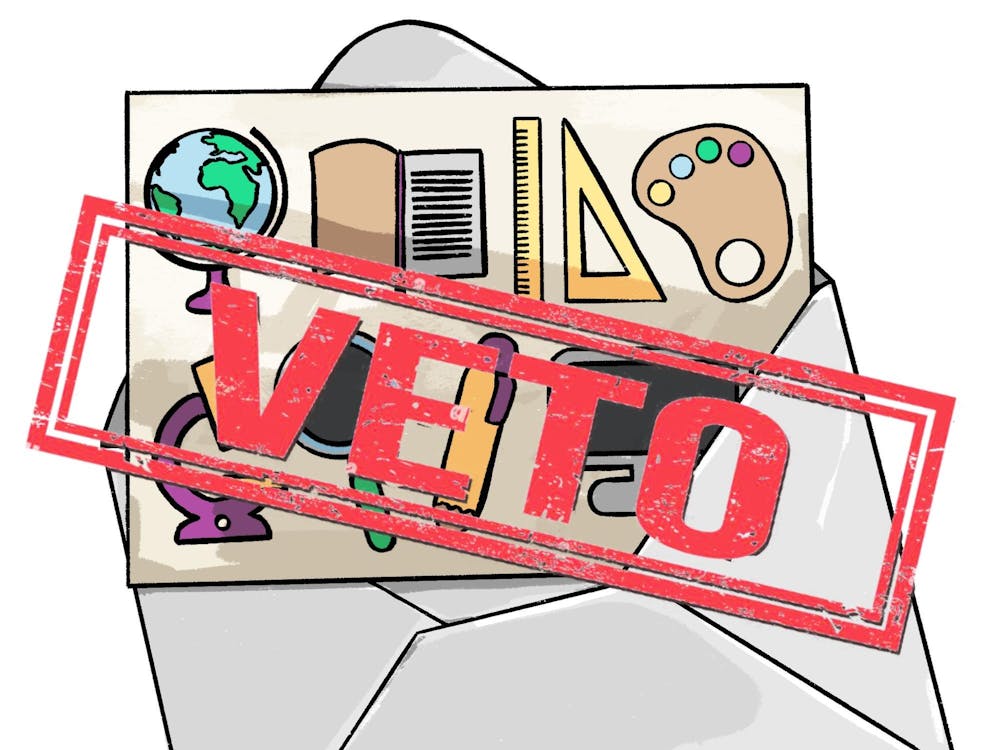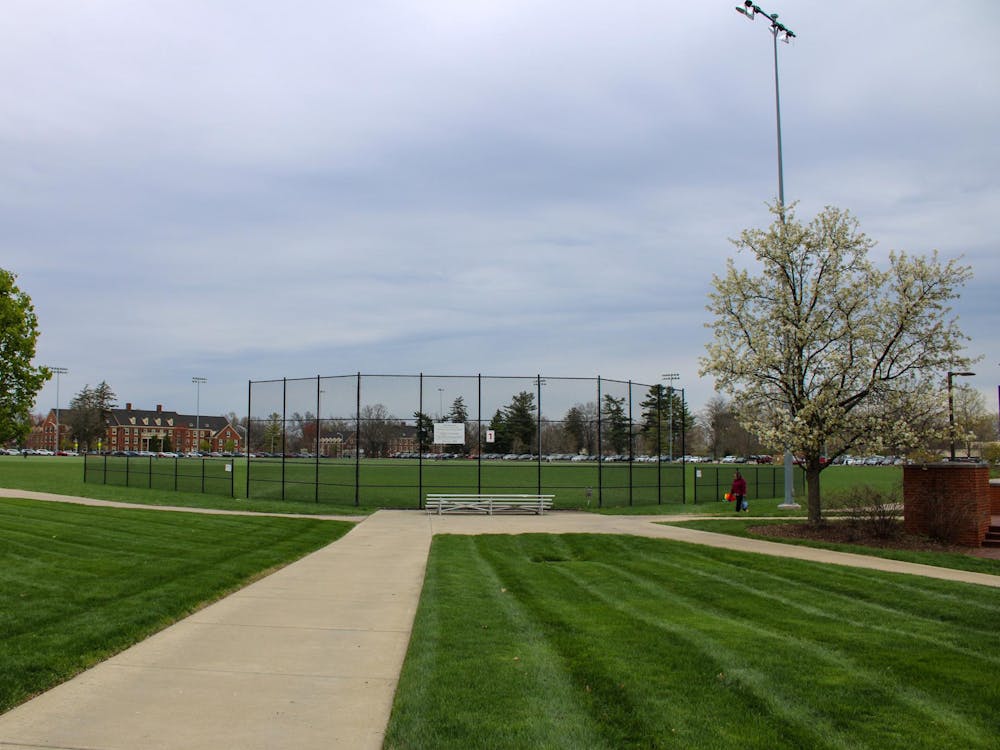A little after 5 p.m. on April 20, a Minnesota jury confirmed what many of us had known for nearly a year.
Former Minneapolis police officer Derek Chauvin was guilty of the May 25, 2020 murder of George Floyd.
In the half hour leading up to the reading of the verdict, I obsessively refreshed CNN’s website as I sat in my Zoom class. I gnawed at my fingernails and prayed my professor wouldn’t call on me.
He did. I croaked out an answer and immediately went back to refreshing. I usually do my best to pay attention in class, but I was too busy witnessing history that day.
When my friend Abby texted me, ‘Guilty,’ I exhaled for the first time in what felt like forever.
I sighed with relief and sank back in my desk chair, but almost immediately, I caught myself.
I was doing it again. I was getting complacent.
About a week before the guilty verdict was announced, 20-year-old Daunte Wright was shot and killed by a police officer in Brooklyn Center, Minn., just north of Minneapolis. The officer who shot Wright allegedly mistook her gun for a taser.
Just minutes before the guilty verdict was announced, 16-year-old Ma’Khia Bryant was shot and killed by the Columbus Police Department.
Since the start of 2021, 335 people have been killed by police.
It's difficult to be overly enthused by a single guilty verdict when instances of police brutality are in the headlines practically every day.
To be fair, Chauvin’s conviction is an anomaly – of all the killings by police between 2013 and 2020, less than 2% were ever charged with a crime, and less than 1% were convicted.
Enjoy what you're reading?
Signup for our newsletter
These abysmal percentages are disappointing, but they shouldn’t be surprising. Law enforcement in this country is its own special breed of corrupt.
Mapping Police Violence, a website that maintains a database of every police killing in the U.S., has noted a few chilling trends in police brutality.
Black people are killed by police at a rate three times higher than white people. They’re also 1.3 times more likely to be unarmed when killed by police than white people.
The data also suggests there is no correlation between a city’s violent crime rate and its rate of police killings, so any arguments about certain populations being killed at higher rates because they themselves are more violent are pure bullshit.
To continually deny that there is a problem with law enforcement in this country is violent.
Now, I’ll be real for a second – I used to be one of those deniers.
I’m a white girl who grew up in a wealthy town with a (seemingly) unproblematic police department. I witnessed my parents receive several speeding tickets each (we’re a lead-footed family), and the cops were always pleasant. I was raised to show respect to authority figures, including the police.
It took me years to realize my positive experiences with my hometown cops were a product of my skin color and were not the norm for a massive chunk of the population. It took years, but I now know better.
Ever since, I’ve been evangelizing about police reform to anyone who will listen. It’s frustrating – many people, especially older and more traditional ones, cling tightly to their deep respect for the police and grow hostile when any form of change is suggested.
It often feels like I’m screaming into the void.
In the grand scheme of things, though, bickering with family members over whether all cops really are bastards is an incredibly privileged struggle to have.
So, I’ll keep on evangelizing. In fact, I’ll do it right now in this column.
Black lives matter. Yes, I know – all lives matter, not just Black ones. But not all lives are actively in danger in this country.
“Blue lives matter” is a ridiculous slogan. Becoming a cop is a choice – being Black is not. Furthermore, if cops feel as though their occupation is negatively affecting their well-being, they can quit. Black people can’t quit being Black.
Nearly all police forces in the U.S. were founded for one of two reasons: to keep an eye on newly-arrived European immigrants or to capture runaway slaves, depending on whether the city in question was in the north or the south. It’s pretty tough to “reform” the racism out of a system with those roots.
If Darnella Frazier, a 17-year-old Black woman, had not filmed the video of George Floyd getting murdered, Chauvin would not have even been charged with anything and would likely still be a cop.
Given what we know about how few police get convicted for killing people, it becomes even more startling when you consider that Chauvin’s conviction hinged on one brave young woman having the foresight to whip out her phone and record.
That’s a pretty sad excuse for justice.
Tuesday’s verdict was a relief – that’s for sure. I’d be writing a very different column if he was found not guilty.
But it isn’t an indication that things are getting better. One guilty verdict won’t stop cops from continuing to kill – the case of Ma’Khia Bryant is clear evidence of that.
Getting more police who kill behind bars would certainly be a great start, but for things to truly change, something needs to fundamentally change about law enforcement in the U.S.
I don’t claim to know what that change needs to be, but I know that something needs to happen. If enough people begin to realize that, maybe someday it’ll be safer to be Black in America.
For now, though? I’m not too optimistic.



